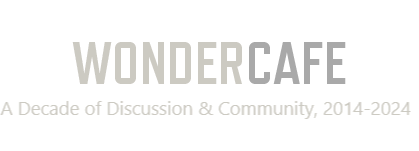Pavlos Maros
Well-Known Member
But how do you know being a flawed moral broken human being. How would you know satan isn't actually the good one and gods wants you to believe it is him. How can you make a judgement when you yourself are flawed.Hmm... pretty sure I answered that one Mendalla. I believe that God has revealed to humanity (in the Bible) who God is.
